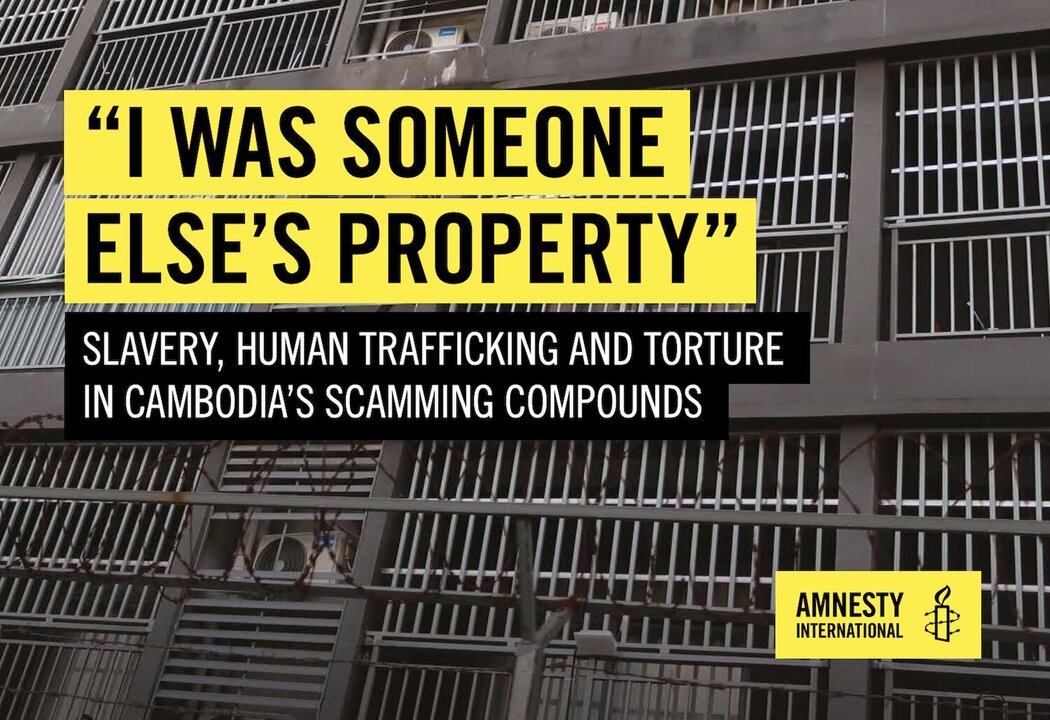Andy Byron steps down from Astronomer following an intimate encounter with HR leader Kristine Cabot, raising concerns over ethical conduct and potential legal implications.
Andy Byron has resigned as CEO of Astronomer after being seen in an intimate moment with Kristine Cabot, the company's head of human resources, during a Coldplay concert over the weekend.
This incident has prompted discussions about ethics within corporate governance, particularly in the context of the current investor climate that demands high ethical standards from executives.
Professor Asaf Eckstein, a corporate law and securities lecturer at the Hebrew University, commented that it is not surprising given the heightened scrutiny executives face today.
Since the inception of the Me Too movement, numerous similar cases have emerged, including high-profile executives in large, publicly traded companies who have faced repercussions for inappropriate relationships with employees.
Astronomer, a private company that recently raised approximately $74 million, is planning to secure further investments and potentially go public.
The reputation of the company is crucial as it seeks to transition to a publicly traded entity.
Eckstein emphasized the significance of company image, stating that even private companies must be mindful of their public image due to their obligations to a diverse range of stakeholders, including employees and suppliers.
He noted that the conduct of senior executives, particularly when it contradicts the company’s core values, is increasingly untenable.
Legal expert Shira Laht detailed the implications of the situation under Israeli law, where relationships between employees with a power dynamic can raise automatic concerns of sexual harassment.
According to Laht, both Byron and Cabot hold significant positions and shouldn't fall short of expectations regarding their leadership roles within the company.
The law places the burden of proof on the senior employee, which in this case, is Byron.
In the United States, the ramifications of such situations could be even more severe, with potential legal exposure amounting to millions of dollars.
Investors often inquire about any known sexual harassment issues before investing, understanding the potential for significant legal liabilities.
If it is found that Byron failed to disclose such a relationship to investors during fundraising efforts, it could represent a breach of trust and potentially expose the company to legal action.
When raising capital, companies typically make representations and warranties regarding undisclosed liabilities.
If it is later revealed that the company misrepresented its knowledge of potential legal claims, it could face lawsuits for fraudulent misrepresentation.
The fallout from the video footage capturing Byron and Cabot could exacerbate these legal challenges, especially if Laht's claims about harassment are substantiated.
Eckstein advises that companies should adopt a clear and enforceable code of ethics, with diligent oversight from the board of directors regarding compliance with laws governing executive conduct and employee relations.
He stressed that the behavior of senior executives, even in their personal lives, can have profound and immediate implications for the company, including its market stability and relationships with investors.
This incident serves as a reminder of the significant scrutiny placed upon corporate leaders and the potential consequences of their actions in the modern business environment.
This incident has prompted discussions about ethics within corporate governance, particularly in the context of the current investor climate that demands high ethical standards from executives.
Professor Asaf Eckstein, a corporate law and securities lecturer at the Hebrew University, commented that it is not surprising given the heightened scrutiny executives face today.
Since the inception of the Me Too movement, numerous similar cases have emerged, including high-profile executives in large, publicly traded companies who have faced repercussions for inappropriate relationships with employees.
Astronomer, a private company that recently raised approximately $74 million, is planning to secure further investments and potentially go public.
The reputation of the company is crucial as it seeks to transition to a publicly traded entity.
Eckstein emphasized the significance of company image, stating that even private companies must be mindful of their public image due to their obligations to a diverse range of stakeholders, including employees and suppliers.
He noted that the conduct of senior executives, particularly when it contradicts the company’s core values, is increasingly untenable.
Legal expert Shira Laht detailed the implications of the situation under Israeli law, where relationships between employees with a power dynamic can raise automatic concerns of sexual harassment.
According to Laht, both Byron and Cabot hold significant positions and shouldn't fall short of expectations regarding their leadership roles within the company.
The law places the burden of proof on the senior employee, which in this case, is Byron.
In the United States, the ramifications of such situations could be even more severe, with potential legal exposure amounting to millions of dollars.
Investors often inquire about any known sexual harassment issues before investing, understanding the potential for significant legal liabilities.
If it is found that Byron failed to disclose such a relationship to investors during fundraising efforts, it could represent a breach of trust and potentially expose the company to legal action.
When raising capital, companies typically make representations and warranties regarding undisclosed liabilities.
If it is later revealed that the company misrepresented its knowledge of potential legal claims, it could face lawsuits for fraudulent misrepresentation.
The fallout from the video footage capturing Byron and Cabot could exacerbate these legal challenges, especially if Laht's claims about harassment are substantiated.
Eckstein advises that companies should adopt a clear and enforceable code of ethics, with diligent oversight from the board of directors regarding compliance with laws governing executive conduct and employee relations.
He stressed that the behavior of senior executives, even in their personal lives, can have profound and immediate implications for the company, including its market stability and relationships with investors.
This incident serves as a reminder of the significant scrutiny placed upon corporate leaders and the potential consequences of their actions in the modern business environment.










































